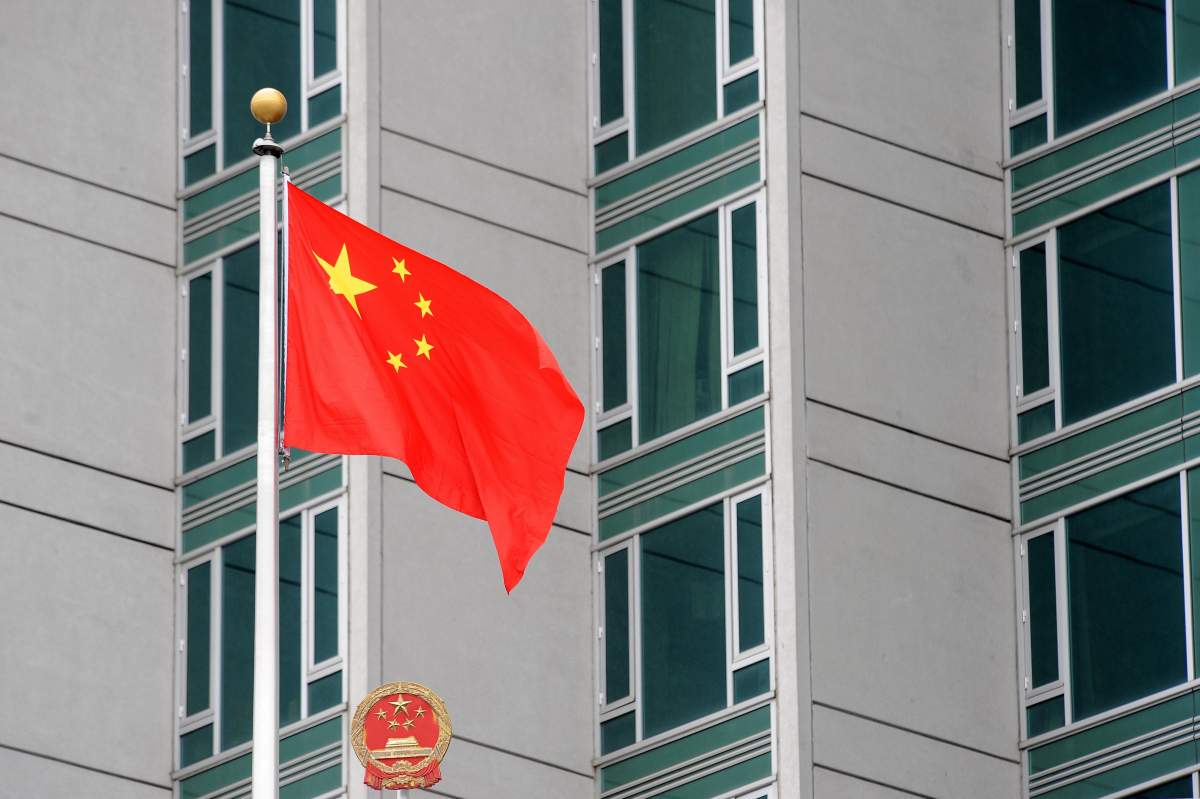The United States said on Thursday it was requiring the center that manages the Chinese government-funded Confucius Institutes in the United States to register as a foreign mission, the latest sign of the deteriorating relationship between Washington and Beijing.

U.S. Secretary of State Mike Pompeo, in a statement, labeled the Confucius Institute U.S. Center “an entity advancing Beijing’s global propaganda and malign influence campaign on U.S. campuses and K-12 classrooms.”
David Stilwell, the top U.S. diplomat for East Asia, told a briefing the dozens of Confucius Institutes in the United States would not be kicked out, but said U.S. universities should take a “hard look” at what they were doing on campus.
Academic exchanges needed to take place without government intrusion, Stilwell said.

Last year, the U.S. State and Education Departments promised stricter monitoring of the institutes, which have been criticized in Congress and elsewhere as de facto propaganda arms of China’s Communist government.

Get breaking National news
In June, the State Department announced it would start treating four major Chinese media outlets as foreign embassies, calling them mouthpieces for Beijing.
U.S.-China relations are at their lowest ebb in decades, with President Donald Trump taking a tough line on Beijing ahead of his Nov. 3 re-election bid.
The world’s top two economies are at loggerheads on issues ranging from the handling of the coronavirus pandemic to China’s crackdown on freedoms in Hong Kong and what U.S. officials say is rampant espionage activity to steal U.S. business and military secrets.

According to the U.S. non-profit organization, the National Association of Scholars, there were 75 Confucius Institutes in the United States as of June, including 66 at colleges and universities.
The NAS charges that they compromise academic freedom, defy Western norms of transparency, and are inappropriate on campuses. China rejects that criticism, calling it politicized and baseless. (Reporting by David Brunnstrom, Humeyra Pamuk, Tim Ahmann and Jonathan Landay; Editing by Susan Heavey and Sonya Hepinstall)







Comments
Want to discuss? Please read our Commenting Policy first.